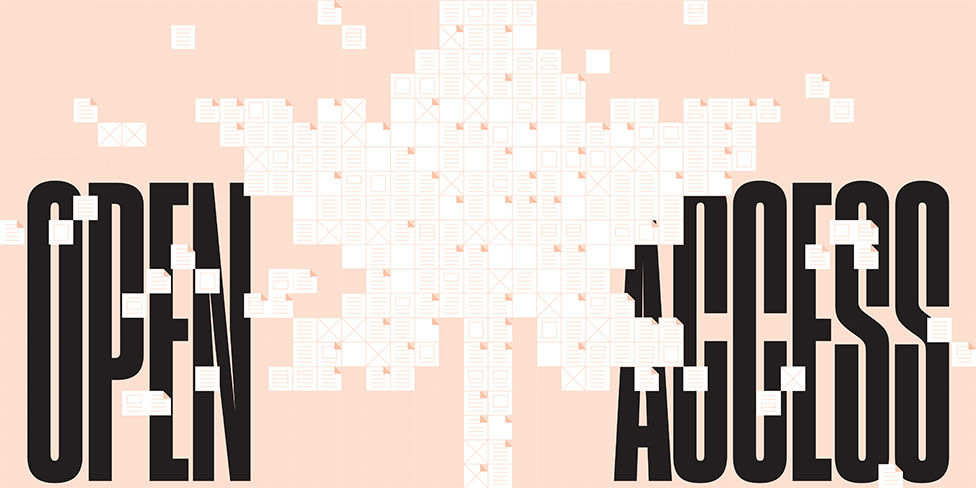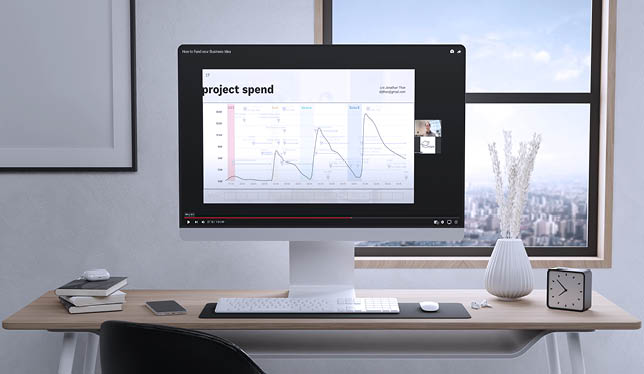Scientific publishing needs to change
While our existing scientific publication system has limited value in this world, the scholarly peer review process is more important than ever.

Even within the scientific community, scientific disciplines today have become so narrowly defined, and breakthroughs so dependent on so many previous lines of discoveries before them, and therefore subject to competing theories, that the inherent value of new discoveries to the public are only really appreciated within the larger context of the field.
I don’t normally delve into the topic of scientific publication, but I will today. Our scientific publication system suits a world where scientists rarely met one another and learned of new scientific advances or theories through few rigorously-reviewed scientific journals. Experiments were carefully documented so that they could be repeated and validated for consensus building. The goal of scientific publication was to tear down silos. However, this is not the world we live in, nor is it likely that we will ever go back. The world today is wildly well-connected and scientific communication is literally at our fingertips. We speak in real time with each other, follow prominent scientists and labs on social media, and learn of new scientific discoveries mostly from secondary/tertiary sources. In today’s world, any scientific paper, even ones carefully designed to be without substance, can be published through both legitimate and scam scientific journals with variable accountability, or directly online with no accountability at all. Peer review is known to be a poor predictor of impact, facts today are perceived as relative, and “fake news” is something we contend with from reputable media sources. While our existing scientific publication system has limited value in this world, the scholarly peer review process is more important than ever. I have some thoughts on how we can reimagine scientific publishing for the present and I’m volunteering myself to build it with you.
For starters, the purpose of a scientific journal today should not be to publish research – there is no dearth of specialty platforms to publish scientific findings. Instead, what if we were to focus on the function of peer review to curate published discoveries? Experts, namely scientific specialists, are best equipped to comment on the inherent value of new discoveries in their field, provide historical and political context, and direct collection and publication of new information as it is being produced.
Discovery research has an inherent social value. It is financed by people, and whether that funding comes from private or public sources, the end goal is to deliver a better quality of life to the society it is engaging. What if we were to focus the goal of peer review on translating new scientific discoveries to people? Science can advance very slowly at times, stretching discoveries over generations. Even within the scientific community, scientific disciplines today have become so narrowly defined, and breakthroughs so dependent on so many previous lines of discoveries before them, and therefore subject to competing theories, that the inherent value of new discoveries to the public are only really appreciated within the larger context of the field. Without this context it is oftentimes very difficult to understand why scientists are engaging in a line of research at all. Indeed, because scientific discoveries in seemingly unrelated fields can catalyze new breakthroughs in another, accessibility of content should be a principal aim of scientific communication. Peer review should seek to generalize and consolidate findings instead of further specializing and creating silos between disciplines.
The role of today’s scientific publications should be to professionally curate scientific discoveries within topic areas of interest periodically by:
- Exclusively soliciting scientists that are topic-specialists to compile the most recent breakthroughs in their space
- Thoroughly vetting the ideas and advances being made and referencing the labs/researchers that are pursuing this work
- Providing expert factual review of the historical context, past discoveries and pervading theories (proven and debunked)
- Proposing relevant experimental questions that would markedly advance the field
- Identifying gaps that still need to be filled, including suggestions for requisite experiments to fill these gaps
- Highlighting the technical challenges faced, and
- Summarizing the scientific and societal value to further elaborating this topic.
Selected “review committees,” because they are intended to be subject matter experts, should always be different and should be financially compensated for their work. Publications should appear in a regular “periodical” that is collectively supported by national/international granting agencies since reports will be useful (and should be used) in directing future grants. Public funding of reports means that access should be freely accessible for all persons and institutions supporting granting agencies (presumably) through tax dollars. Contributor participation should count toward academic promotion because it requires significant and detailed research of the topic space and directly serves the academic community (and should be used to teach courses). Periodicals must be written in layman’s terms for broad societal accessibility.
Some of you may dislike these ideas – that’s fine. I am not proposing that we dismantle, defund, or devalue existing scientific journals. What I am proposing for those of you with whom these ideas resonate, is to hear your own thoughts on how scientific publication can be reimagined for the present. Whether our ideas work, or they don’t, can be tested over time… but I think we should try, because the problems with scientific communication are real and how we approach scientific publishing needs to change.
Featured Jobs
- Business – Lecturer or Assistant Professor, 2-year term (Strategic Management) McMaster University
- Psychology - Assistant Professor (Speech-Language Pathology)University of Victoria
- Veterinary Medicine - Faculty Position (Large Animal Internal Medicine) University of Saskatchewan
- Canada Excellence Research Chair in Computational Social Science, AI, and Democracy (Associate or Full Professor)McGill University
















Post a comment
University Affairs moderates all comments according to the following guidelines. If approved, comments generally appear within one business day. We may republish particularly insightful remarks in our print edition or elsewhere.
2 Comments
I agree that scientific publishing needs to change but focusing on that is like attacking the symptom and not the disease The real thing that needs to change is the reward system for faculty. As long as hiring, P&T, and related decisions have a significant component related to “prestigious” journals, impact factors, citation metrics, etc. the issues will continue. Treat the disease and scholarly publishing issues will for the most part take care of themselves.It’s easy to blame publishers but they don’t make the P&T rules.
Alas, this proposal is strikingly naive in terms of the way aworld-wide academic science works—not the P&T issue—but the importance of the testable detail present in a scientific paper, and the increasing sharing of extra and associated data in newer models of online paper publishing. Conferences and the like are becoming both too expensive and ineffective as tools for dissemination of knowledge. Having experts review and circulate new science for the non-specialist public is a pretty good idea as a complement to the core literature, but on its own would create a “Reader’s Digest” mode that would be greatly deleterious. In any case, where would the nominated experts get their information to distill? What the scientific community really needs is the continuing acceleration of time from submission to e-publication, continued growth of associated data banking for sharing across investigaors, new media publication models like JoVE, defeat of overcharging publication monoliths like Elsevier, true global open access at reasonable cost to enable investigators in less-well-off places to have access, and new interaction models which use technology to reduce the need to travel for ineffective conference exchanges. Whatever the thoughts, though, don’t throw the baby out with the bathwater—especially if the baby’s not getting clean yet!